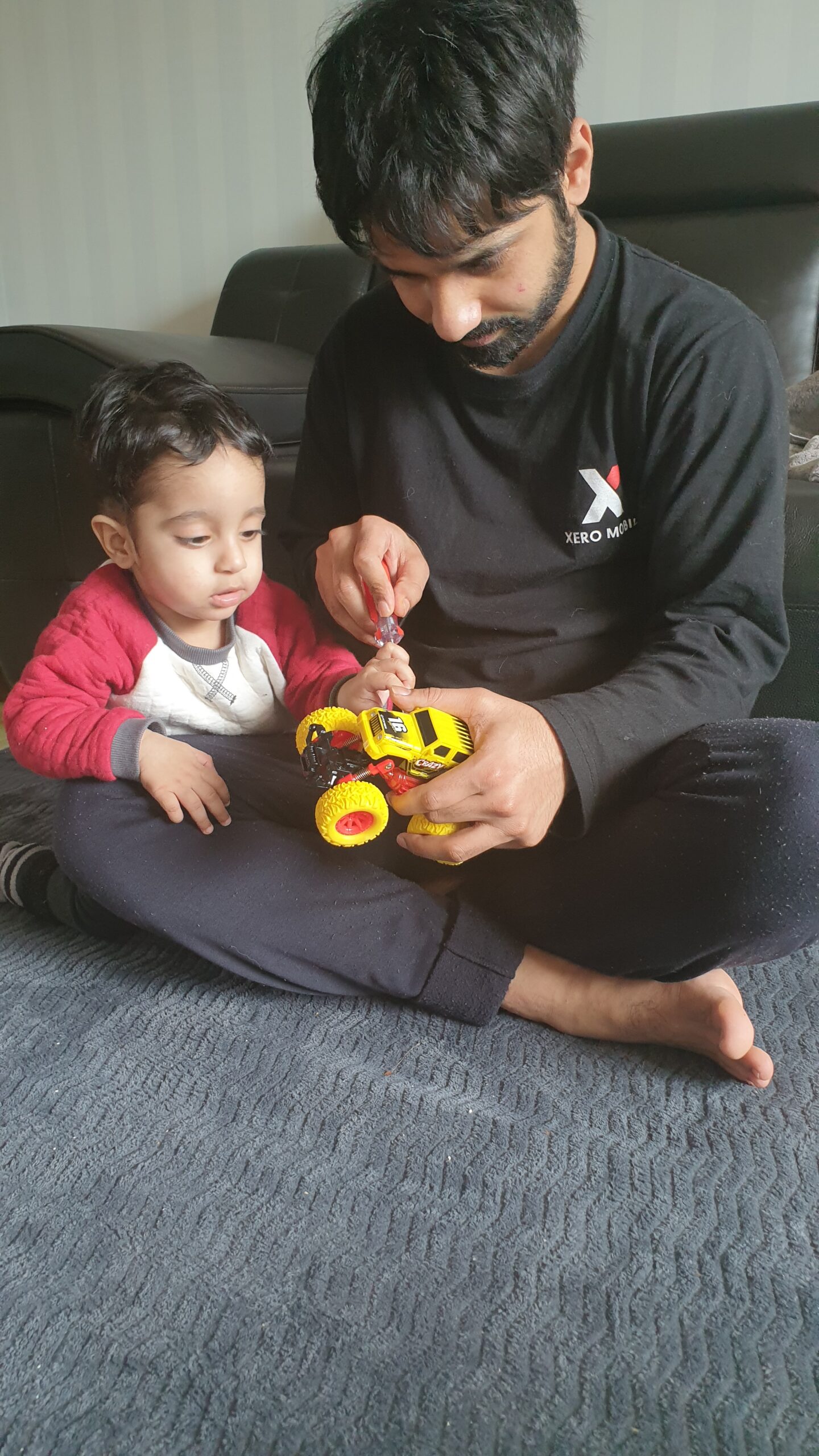how can you provide emotional security for your kids?
Introduction:
Today we will discuss how you can provide emotional security, we must seek to maintain healthy relationships with our children that serve as an example to develop other bonds throughout their lives. In this sense, emotional security is made up of a set of behaviors, and gestures, for example, your words are clearly said you are important to us.
why it is important?
It is essential for children and their parents. This allows them to be themselves, without fear of feeling rejected or having to conform to certain norms or rules to please others.
Therefore, emotional security allows children to gain self-esteem and invites them to explore the environment. And in the case of feeling fear or insecurity, it gives them the certainty that they can always count on the support and company of someone they love.
Finally, the emotional security of infants is also developed by accompanying them in managing their emotions. So, talk to your child, encourage them to tell you how they feel, acknowledge their emotions, and share them. Show them that you do the same so that they can normalize this habit and understand that it’s okay to express feelings.
Different ways to make them secure:
Below, we’ll share some tips to develop this skill in your child.
Make them feel protected
Protecting a child isn’t only about avoiding danger, but also paying attention to them when they call or make a request. So, don’t just let them cry when you hear them, because what they’re going to interpret is that, even if they feel bad, no one will come to help them.
Trust their abilities
Emotional security is also the foundation (and encouragement) your child needs to develop self-confidence.
“When a child realizes that someone trusts them and encourages them, they also begin to see themselves with those eyes.”
On the other hand, when parents are fearful and insecure, that same insecurity is transmitted to the child and results in greater inhibition and fear of being curious.
Accept them as they are
Don’t try to standardize your child so that they comply with a certain image or idea that you have in mind for them. Perhaps, instead of playing your favorite sport, they’ll prefer playing an instrument or learning a new language.
It’s important that you accept their tastes and that you validate their interests and needs, regardless of whether or not they coincide with yours.
Create a Safe Environment
Your home should also be a physically safe place in which to explore without any danger.
Valuables and breakables should not be within reach and potentially dangerous objects should be put away.
In an unsafe environment, parents have to constantly stop their children from exploring. Hearing “don’t go there,” and “don’t touch that” too often does not create a feeling that it’s safe to learn freely.
Teach Please, Thank You, and Sorry
Having manners is one of the best life skills to learn. Please, thank you, and sorry are words that should be used frequently in your home.
Teach your children to speak respectfully to waiters, cashiers, others in service, family members, friends, and strangers. Even babies can start to learn simple manners such as please and thank you from very early on.
In this article, I explained how you can provide emotional security to your kid and why it is important. I hope it will be helpful for you.
if you want to know more about this topic; link 1
another one may you want to read; link 2
